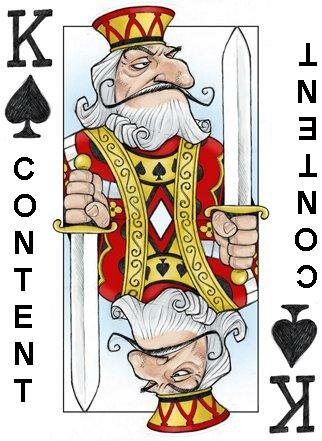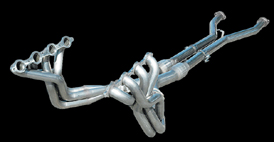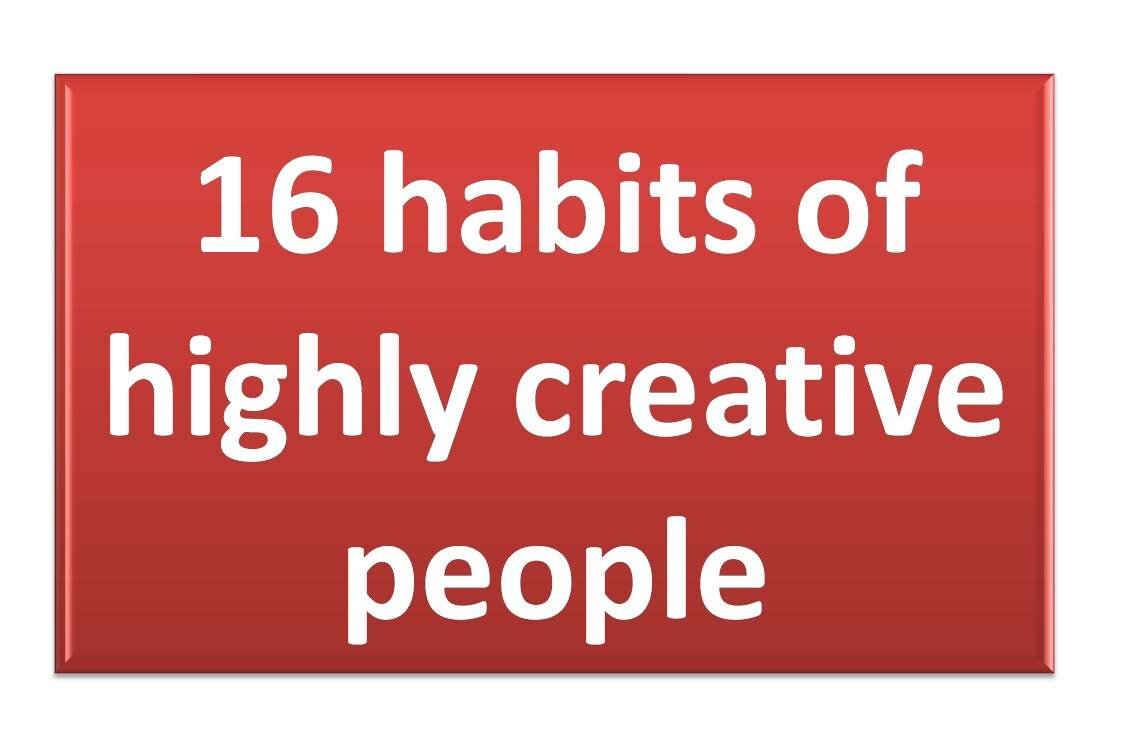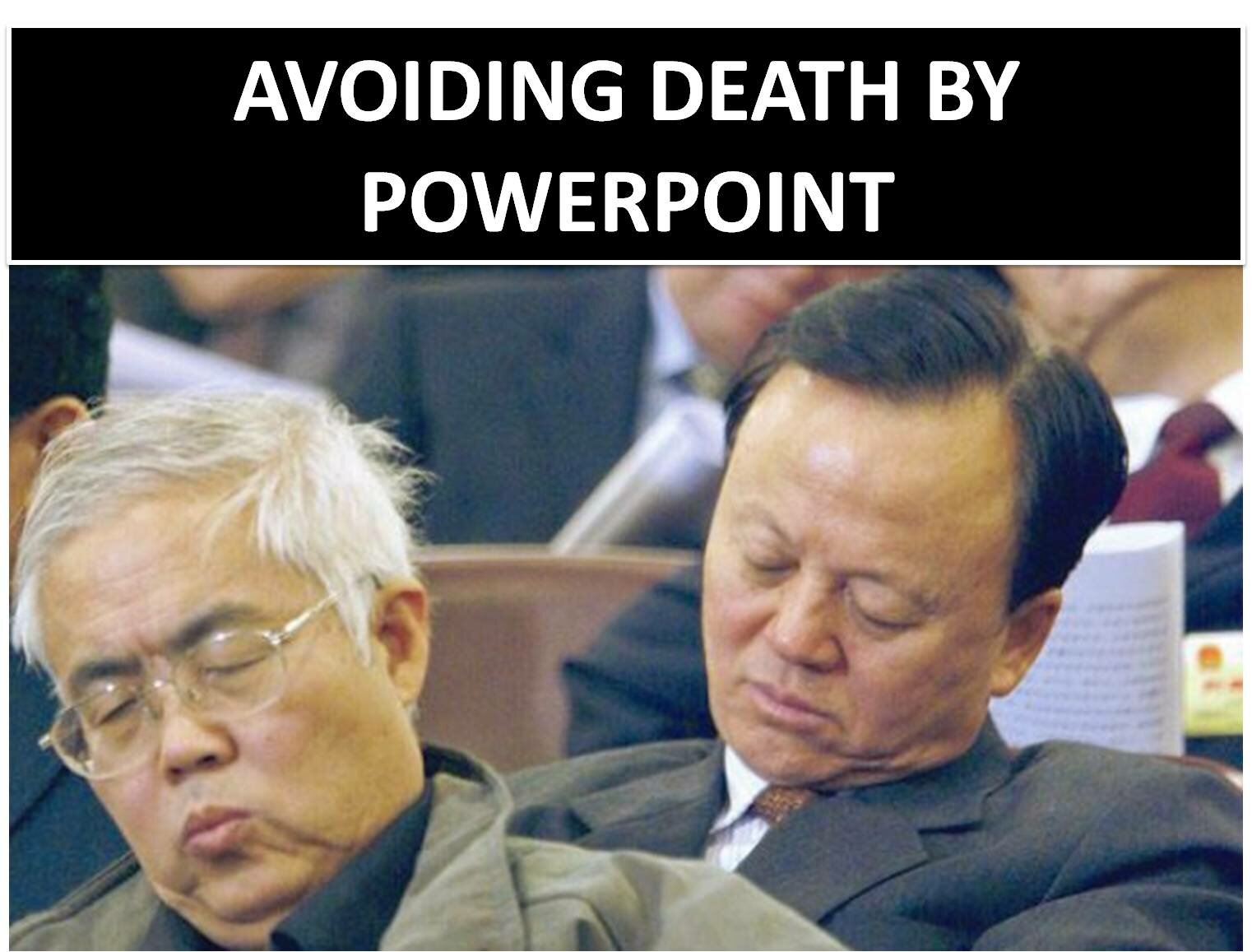In Defence of Scapegoats
|
|||||||||
KR Ravi | May 08, 2009
 A friend of mine is an auditor whose job it is to audit the accounts of government departments and companies. She complains that her audit reports are consigned to dusty cupboards a minute after she has handed them and left the office building.
A friend of mine is an auditor whose job it is to audit the accounts of government departments and companies. She complains that her audit reports are consigned to dusty cupboards a minute after she has handed them and left the office building.
I asked her what really transpired at her final meeting with the CEO and other officials. She said, “They tell me that as an auditor I had the benefit of hindsight and could therefore pronounce my verdict on what should have been done. But they, the executives, had to take quick decisions with limited time, insufficient information and other constraining factors.”
This brings me to an important point, the working of the mind after the event. Wisdom in hindsight is well known.
What is less well known is shown by an experiment conducted by psychologists that was conducted as follows: The subjects were divided into two groups. One group was given (a) a precise description of an event that did happen (example the collapse of a company) and (b) a series of relevant pieces of information available before the event. The other group was given the same data but was given a totally opposite end (say the huge profits of the company).
Both the groups were told that they were given the facts of an actual situation.
Both groups then confidently asserted that given the information presented to them, they could have predicted the result! Remember the two groups were given the same facts but opposite outcomes !
Psychologists found that there was no difference at all in the confidence levels of the two groups.
Once we are told the outcome it has the power to produce hindsight wisdom. You can read more details about this experiment in the book ‘Inevitable Illusions’ by Massimo Palmarini.
The implications of this tendency are serious. Careers can be destroyed by blaming someone for a wrong decision that appears wrong in hindsight but could not have been seen as wrong by the executive when he made the decision. Finding scapegoats relies on this tendency to find wisdom in hindsight.
What is unfortunate is that the auditor or commission of enquiry will be able to convince the scapegoat that he seriously erred and could have ‘easily’ anticipated the disastrous consequences of his decisions and actions.
This sad tendency is found among people of every area of human activity – science, management, politics, religion, history and so on.
In my workshops on Decision Making, I bring out the idea that the wisdom or judgement of a decision maker cannot be judged purely by the outcome of a course of action. It is possible that a good outcome may be the result of plain good luck and a bad outcome may be the result of plain bad luck, unforeseen changes in the environment etc.
What is critical is to examine the decision making process rather than the outcome.
I also suggest that a good decision or course of action may have to be audited with seriousness too.
Let me suggest a real life instance. The Indian Railways have been cited as a great turnaround story. Management gurus have written about this ‘phenomenon.’ The media has whispered that one factor significantly contributing to rising profits is as follows: The railways have been in the past illegally permitting overloading of wagons. The railway officials have been overlooking this and may be even been illegally rewarded for it even as the railways did not earn any revenue on the illegal business. Along comes a new dispensation that reasons as follows – why not permit the overloading of wagons and earn revenues? As for the danger of accidents due to weakening of tracks on account of overloading, we can assume that since such accidents have not happened in the past they will not happen in future!
Now let me ask you, what if accidents take place for precisely this reason of weakened tracks due to overloading? Right now we are all congratulating the Railways for the ‘phenomenal’ success. But what if the scenario I have painted comes true ?
I can predict the following: A commission of enquiry will either fix the blame on some unfortunate scapegoat or some other reason will be found for the accidents.
If we are to heed my suggestion that ‘good’ outcomes and decisions ought to be seriously audited seriously as well, the Railways may have to change tactics on this front. But I am sure nothing of that sort will happen. Why am I confident? Benefit of hindsight, after several such past experiences .
Now for a funny phenomenon I have witnessed. Once the results of a selection procedure are announced, I try to ask a successful candidate what accounted for his success against keen competition. In most cases I hear the candidate waxing eloquent on how he gave a ‘brilliant’ answer to a question in the final interview.
I suspect that had I asked my question before the results were announced he would not have been even able to recollect that question for which he had given the ‘brilliant’ answer.
Filed Under: Miscellaneous
|
|||||||||


















